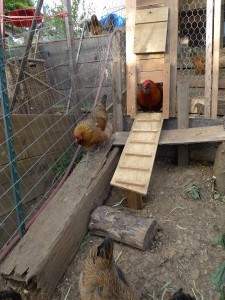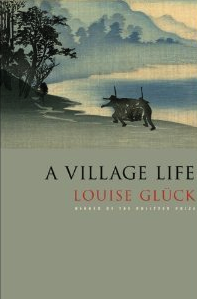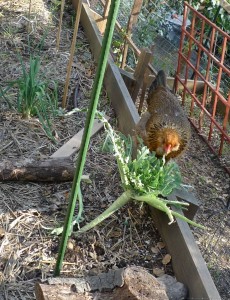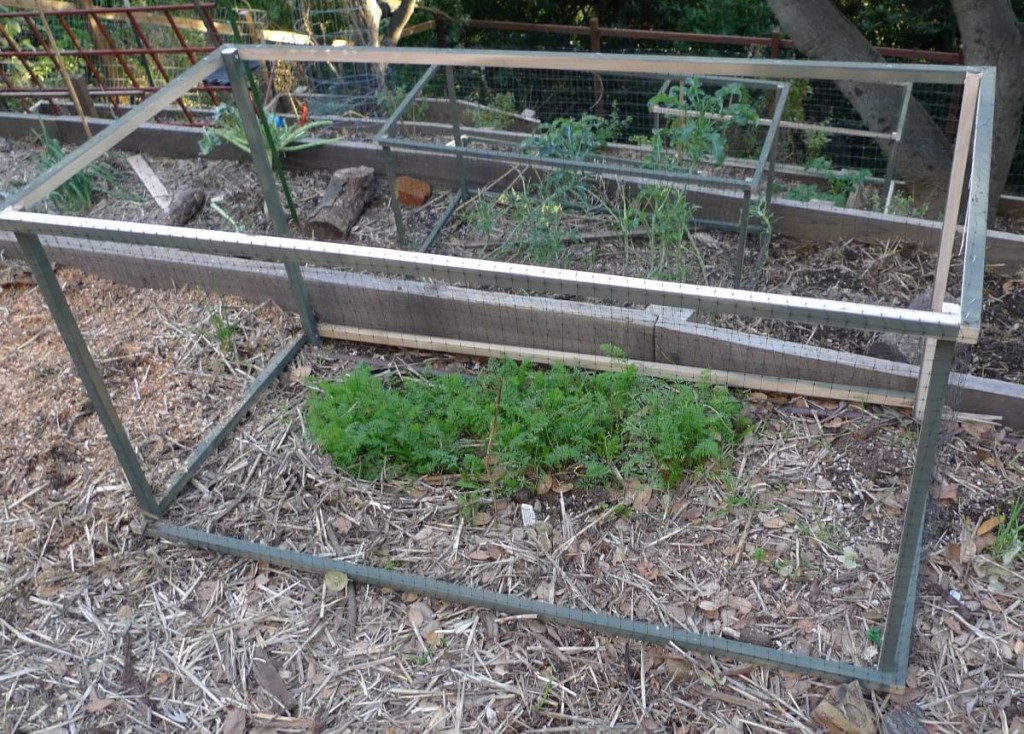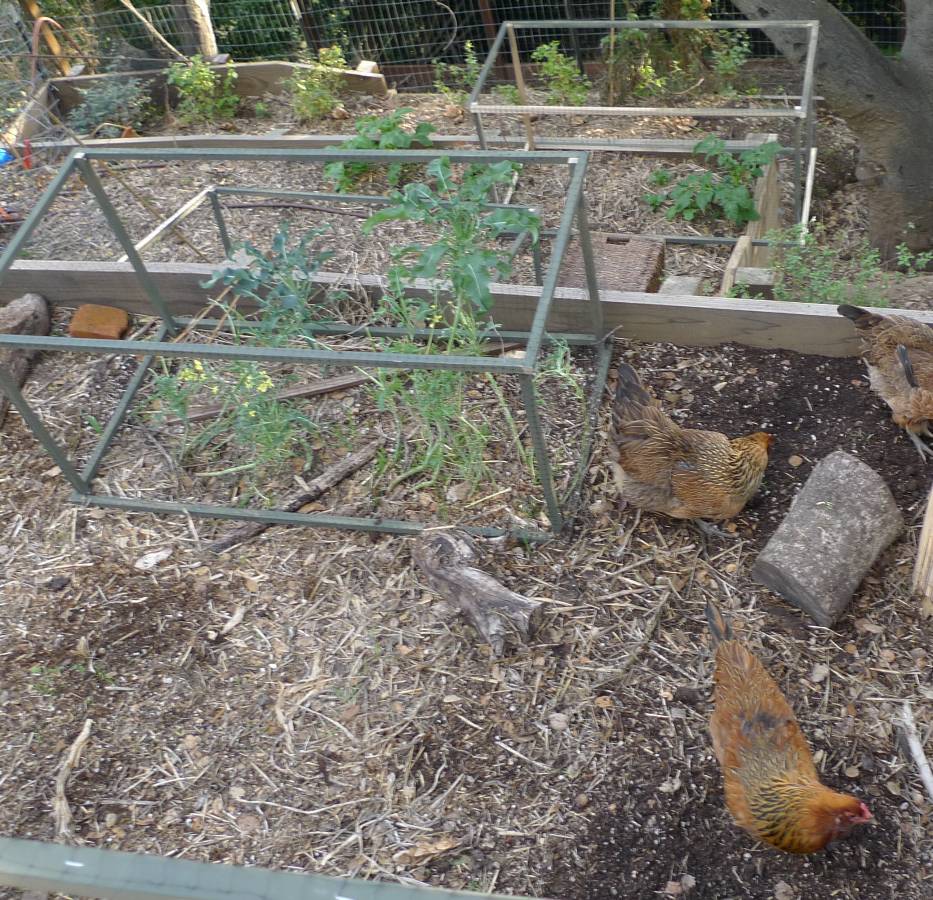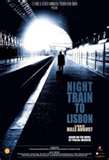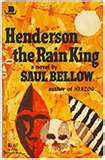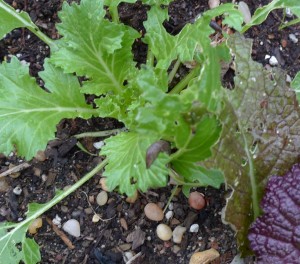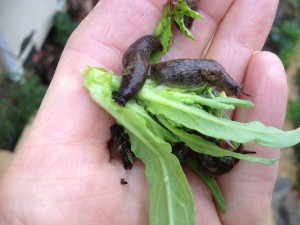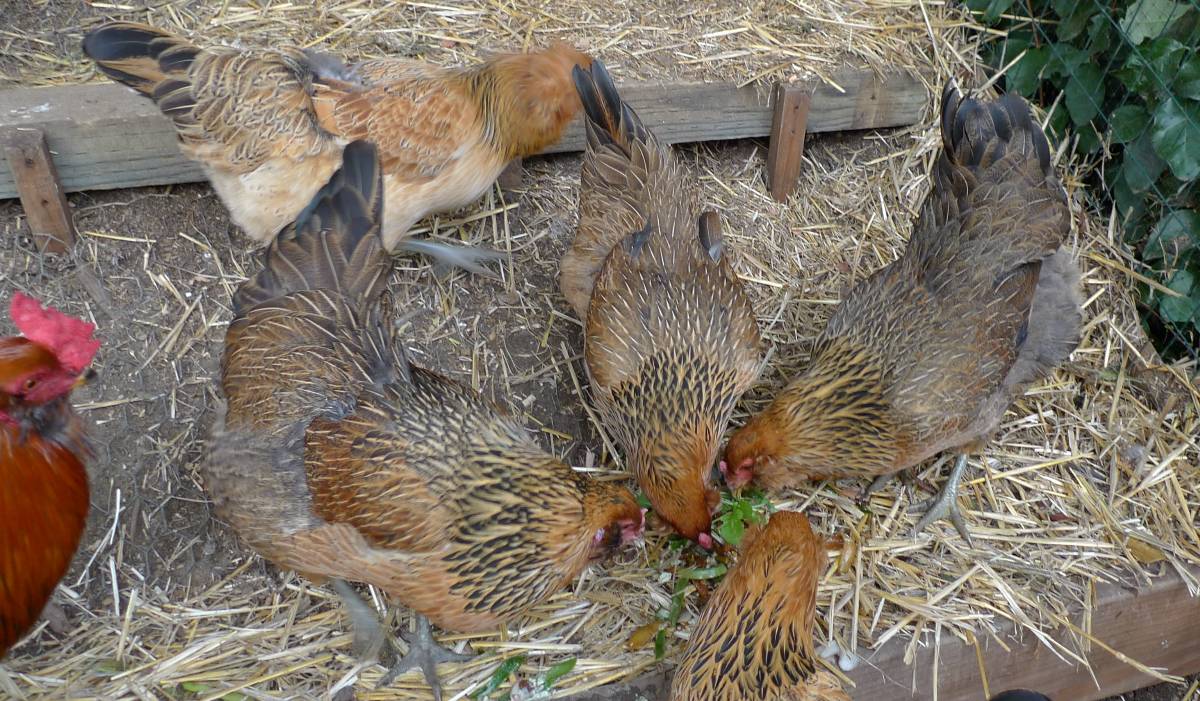I woke from dreams of not getting where I needed to be in a foreign country of endless lines and confusing roads. Somewhere there was a cafe, somewhere a bay. But I couldn’t find them. And for some reason, I took out the brick of Robert Lowell’s collected poems for my morning reading.
 Why has Lowell, once so well-known that he appeared on the cover of Time magazine, dropped so out of favor? Was he unlucky to be adorably handsome, from a fine old Boston family, and talented? Perhaps the volume of his work is overwhelming. Coming to him cold, one would be daunted long before finding the handful of marvelous poems that still vibrate with the pain of the human condition. Every poem seems to tackle the big problems, and as with most (all?) poets, most of them fail.
Why has Lowell, once so well-known that he appeared on the cover of Time magazine, dropped so out of favor? Was he unlucky to be adorably handsome, from a fine old Boston family, and talented? Perhaps the volume of his work is overwhelming. Coming to him cold, one would be daunted long before finding the handful of marvelous poems that still vibrate with the pain of the human condition. Every poem seems to tackle the big problems, and as with most (all?) poets, most of them fail.
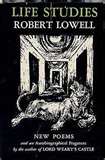 Still, Life Studies, published in the late 1950’s had a huge influence on poetry. I remember reading it, stunned by its intimacy–it was like nothing that came before. The personal, confessional tone from an academically acclaimed poet legitimized the personal as a subject for poetry. Sylvia Plath was his student, and took the next step.
Still, Life Studies, published in the late 1950’s had a huge influence on poetry. I remember reading it, stunned by its intimacy–it was like nothing that came before. The personal, confessional tone from an academically acclaimed poet legitimized the personal as a subject for poetry. Sylvia Plath was his student, and took the next step.
Despite true madness, excess drinking, smoking, and three marriages, Lowell lived 60 years, and wrote and wrote and wrote. Rhyme and meter were the water he swam in–they seemed natural to him, not forced or added. He could write a sonnet in his sleep. Here’s one of my favorites, written late in his life. He nicknamed his third wife “dolphin,” and the first four lines seem addressed to her. The rest of the poem contemplates life as a poet. I always think they are about Berryman, who famously arrived drunk for readings, but they could be about Lowell himself, or many others I guess. Regardless, I especially love the final four lines:
Fishnet
Any clear thing that blinds us with surprise,
your wandering silences and bright trouvailles,
dolphin let loose to catch the flashing fish. . . .
saying too little, then too much.
Poets die adolescents, their beat embalms them,
The archetypal voices sing offkey;
the old actor cannot read his friends,
and nevertheless he reads himself aloud,
genius hums the auditorium dead.
The line must terminate.
Yet my heart rises, I know I’ve gladdened a lifetime
knotting, undoing a fishnet of tarred rope;
the net will hang on the wall when the fish are eaten,
nailed like illegible bronze on the futureless future.
Lowell is not an easy poet, but he’s one who whose stature will rise again, when others have faded.

 As you can see (using the spoon for scale), the tubers grow very large. When you peel and slice a piece, it’s like a sweeter, juicier jicama. It’s great in fruit salads, taking on the flavor of the fruit, in regular salads, or in stews. I like it so much I got some rhizomes from George to plant my own.
As you can see (using the spoon for scale), the tubers grow very large. When you peel and slice a piece, it’s like a sweeter, juicier jicama. It’s great in fruit salads, taking on the flavor of the fruit, in regular salads, or in stews. I like it so much I got some rhizomes from George to plant my own.
